By Susan Zimmerman
World War II affected nearly every area of the world. It was the deadliest conflict in all of human history. Between 50 and 70 million people died, cities were flattened, and millions were left battle scarred. The young victims of circumstance were forced to grow up wiser than their years should have allowed. They were witness to atrocities, hardships, and broken families. Their childhoods were lost to war.
American-born sisters Eleanor and Dorothy Lobes were 11 and three years old when they traveled to Hamburg, Germany, with their mother to visit relatives. A month before their scheduled return to New York, war broke out in September 1939, and their planned seven-month visit became a seven-year nightmare. In July 1943, Hamburg experienced one of the heaviest assaults in the history of aerial warfare. Their father did not hear from them throughout the entire war and believed they had all died.
Joan Borsberry was born and raised in Shanghai, China, and was living in the city’s International Settlement when Pearl Harbor was bombed. The following day the Japanese took control of the Settlement and by February 15, 1943, the Japanese began to intern their “hostile citizens,” mostly British and Americans. Nine-year-old Joan and her family spent three years in a Japanese prison camp.
Helga Stahl was just two years old when war struck her home in Wiesbaden, Germany. Her chief memory of those years was running to bomb shelters. Between August 1940 and March 1945, the city was bombed by the Allies 66 times. About 18 percent of the city’s homes were destroyed, and approximately 1,700 people lost their lives. “I remember the worst thing about the war was that we had no childhood,” she said.
Although the ravages of war have faded with time for these women, the passage of time has enabled them to recount their damaged youths with a frankness that belies the traumas they lived through. These are their childhood memories.
Eleanor Lobes: Hamburg, Germany
“My mother went through World War I in the Saarland, which is close to France. She went through World War II [in Hamburg] and then the Cold War here [in America]. She said, ‘If there is ever another war, I will kill myself. When you’ve been through a war, you’re not the same, you can’t be, you can’t possibly be the same.”
—Eleanor Lobes
In 1939, Eleanor left her father in New York for what was supposed to be a brief separation. It was Eleanor’s 11th birthday when she arrived in Hamburg with her mother and three-year-old sister Dorothy. Then, just a month before their scheduled return home, Germany was thrown into war. For the next seven years they lived behind enemy lines.
Eleanor’s story …
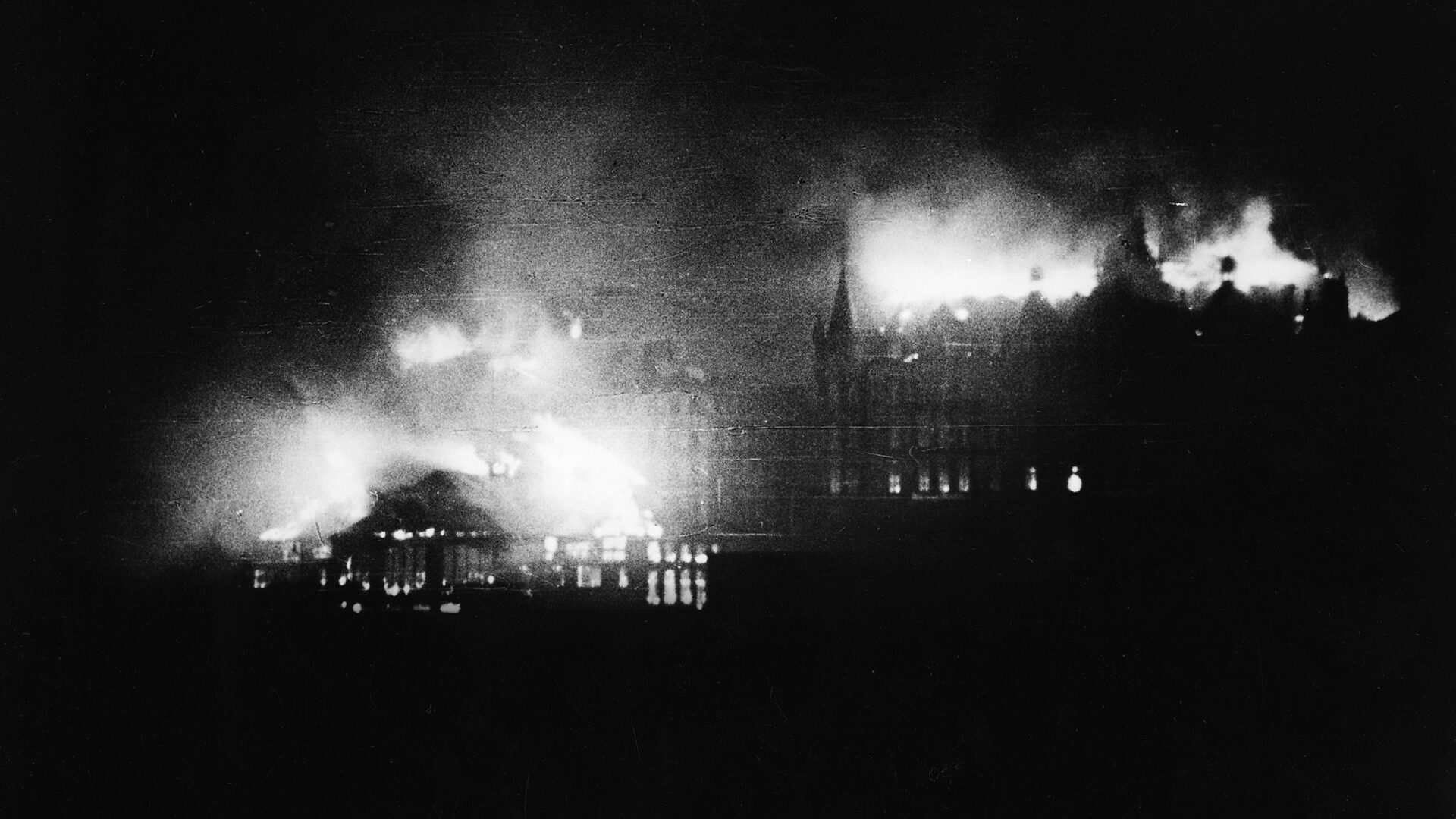
“I am first-generation American. My parents were both born in Hamburg, but my father loved America. He never wanted to go back to Germany. My mother was going there to collect an inheritance left to her by her legally adopted mother, my grandmother. She also wanted me to meet the friends and family she grew up with. I remember my father said, “Spend the money as quickly as you can because you can’t take it out of Germany. So while you’re there, buy a couple of cameras, you know, some good German stuff.”
My father saw us off at the docks in Manhattan, and before we sailed away I said to him, “Poppa, are we going to go to Germany for seven years?” He said, “No, no, maybe seven months.” Our return tickets were for October 1, 1939, but on September 1, war broke out and immediately all gates were closed, mines were laid in the ocean, and there was no way of getting out.” Her seven-year ordeal was about to begin.
The following questions and answers were compiled from conversations with Eleanor.
Was there any sign of an upcoming war when you arrived?
The first thing I noticed was a food shortage. I didn’t understand why we had to eat the way we did. It was horrible. We had margarine, but the old-fashioned kind that wasn’t consolidated. That was like eating fish oil. The bread was old, and there was no refrigeration at the time, so the milk was served warm. I remember it had the “skin” on top. Then they started to have restrictions on certain items before the war broke out. I thought maybe it was poverty, but then later I realized they knew we were going into a war.
What happened to you when war broke out?
All our money was spent because we thought we were going home. So we now moved in with my mother’s brother’s foster mother. She treated my mother as though she were her own daughter, but everything was very crowded. We’re talking about a one-bedroom apartment. There was my aunt and uncle, my mother, my sister, and myself. My uncle slept on the couch in the kitchen, and the four of us slept in one bed. Luckily, that apartment had one bathroom.
What was it like being an American in Germany at this time?
In Germany they considered me having dual citizenship since I was born American but of German blood. The only thing that happened because of this is the police would come to the door every now and then and they would say to me, “You know you have to come down to the police station and sign away your American citizenship; you know you are German.” I would say “I don’t know where my mother is, and I have to ask her permission.” They respected that and went away and left me alone. They tried that a couple of times.
Were you ever involved in the Hitler Youth?
The Hitler Youth was for boys. For girls, the Hitler Youth was called the Bund Deutscher Mädel, or The League of German Girls. The organization was really no problem for me. I was not required to wear a uniform or forced to attend meetings if I volunteered. They really didn’t bother me. We had what was like a social hour, that’s all. They weren’t talking about murder. I don’t have any bad memories of that. It was just a name, like the Girl Scouts. It was a teenage thing. You know, I met him, I met Hitler.
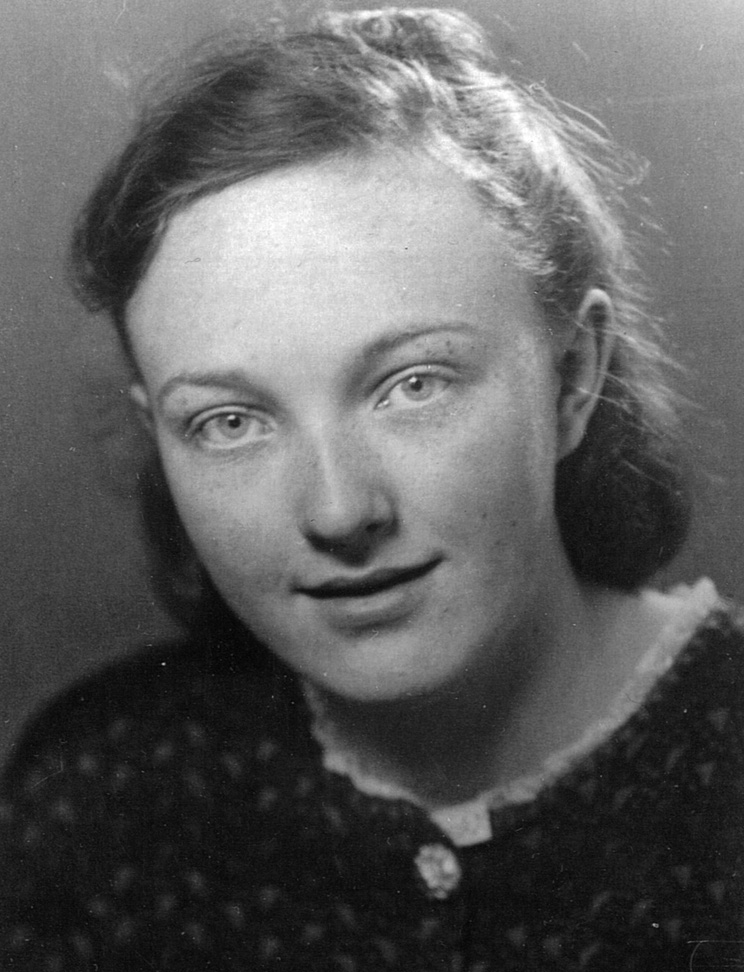
Where were you?
It was when Hitler ordered all the children out of Hamburg in the beginning of the war. I was in a camp, and he came and made a speech and gave all of us a postcard with a picture of himself.
Did you shake his hand?
Yes.
What do you remember?
He seemed like a nice old man.
What was it like when the bombings started?
We got there in 1939, but the real war didn’t start until 1941-1942. The British planes would come at night and the Americans during the day. I used to sit and look up at the sky and curse the Americans and say, “Don’t you know I’m an American down here?” But we got used to it. Like anything else in life, there is nothing you can do about it. We lived with air raid sirens day and night. I remember we got into card reading with my aunts. They used to think that would tell us when it would be over. We prayed a lot too.
Were you going to school at this time?
I went to grammar school whenever I could leave the bunkers. But eventually the schools were all bombed out, so there weren’t any schools and there weren’t any teachers. I graduated when I was 14, then went to work in a law office to become a legal aide. I was supposed to be there for three years. It was a full-time job, five days a week. The first year I got $20 a month, but you couldn’t buy anything anyway, so it didn’t matter. There was nothing to purchase.
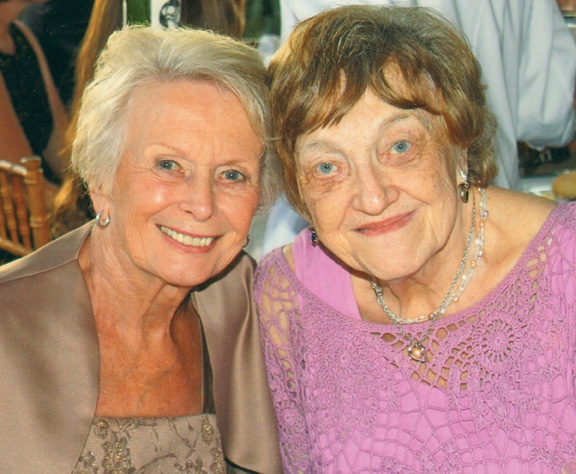
What was your daily life like?
At the law office where I worked, we had to volunteer one night a week to catch bombs in an apron. These were incendiary bombs that would flame up if they hit any hard surface. But if they hit something soft you could just discard them, so that is what I had to do. You couldn’t say no. When there are people walking around with rifles, you don’t refuse anything.
But if you missed catching an incendiary bomb, would it blow up next to you?
I was always alone whenever I did that work, but I never heard of anyone being killed.
How would you catch an incendiary bomb at night?
I was lucky; it was never dark because of the bombing, and you had planes and you had moonlight. This was also the main part of the city, and you had street lights, too, so at night it wasn’t that dark. I would do this on the roof of the office building where I worked.
What was it like to catch an incendiary bomb?
You just held open your apron and waited for something to fall. I didn’t look up––I was too scared. I just held out the apron. They were very large aprons, like denim, but heavy. The bombs were small, like the size of a long-neck beer bottle, which holds maybe six or seven ounces. There was never one bomb; you always caught at least 10 at a time. There would be hundreds that would drop out of the sky. I just collected and discarded them in a pail of water. But the best part of the whole thing was you would get a voucher for a free hotel room afterward. It was very exquisite because it was right in the heart of the city where movie stars stayed. I would dream that I was a movie star and had this wonderful place.
How long did you work at the law office?
I didn’t complete the three years at the law office because they then put me in a munitions factory, and if you didn’t report to work they would come and get you. I was too afraid for that, and that’s when I went out regardless of what the streets looked like. I used to step over dead bodies going to work in the morning.
Do you remember anything else about going to work?
After a bombing when you went out, you didn’t know where you were because everything was at ground level. You didn’t even know what street you’re on when that happened. The stench and the smoke were terrible.
How did you get assigned to the munitions factory?
We were picked at random. They took me out of the law office and put me in the munitions factory where I had to make screws and bolts for planes. I used to steal the vegetable oil so that we could eat.
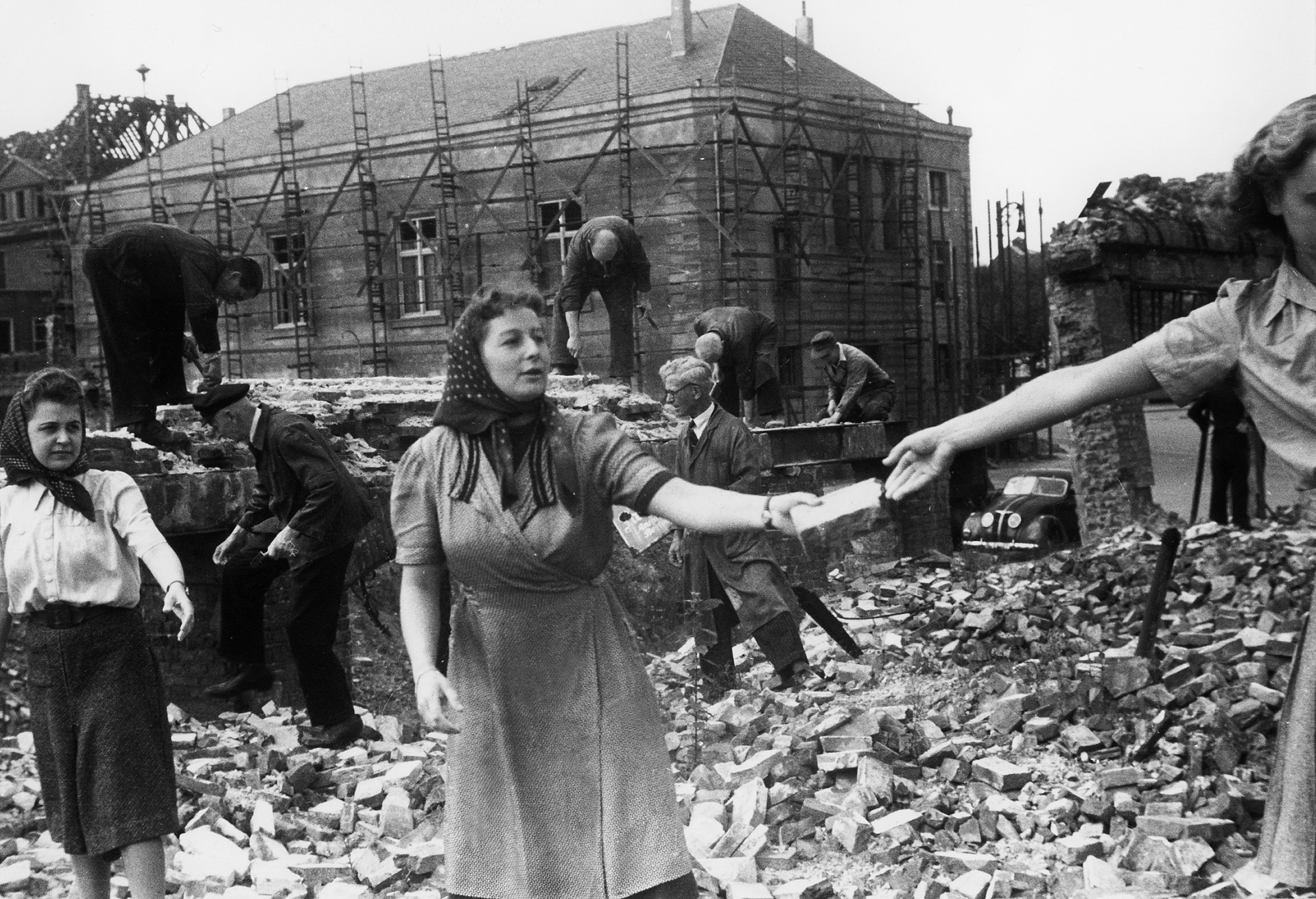
How much would you steal, and how did you conceal it?
I would steal about a pint and sneak it out in my brassiere.
You could get a pint of oil in your bra?
Well, yeah, in a container. I’m big chested still. That’s how I got away with it, I guess. The oil was used on the machinery to make nuts and bolts for planes. When the oil was heated, it solidified into lard, and I pressed it into my bra. We also had to pass through a large gate after work which had a security light and siren, like our airports today.
What would happen if you were caught?
If you were caught, you went to jail. A lot of the men stole alcohol because that was used in the factory, and they were almost killed for doing that. I remember in the summer I had all this grease in my brassiere and had to walk almost four blocks to get out of the factory. I remember feeling the grease running down inside my body. It scared me, but I made it and wasn’t caught. I was just lucky.
What would you do with the stolen oil?
When I got home, I put it in a crock and buried it in my aunt’s small vegetable garden, and then sometimes a week later a bomb would hit it and that would be the end of what I stole.
Were you on your own a lot?
When I was 15, I paid my own rent in a furnished rooming house. I didn’t know where my mother was most of the time.
And what about the rest of your family?
I knew where there was an aunt and uncle, but they had their own problems.
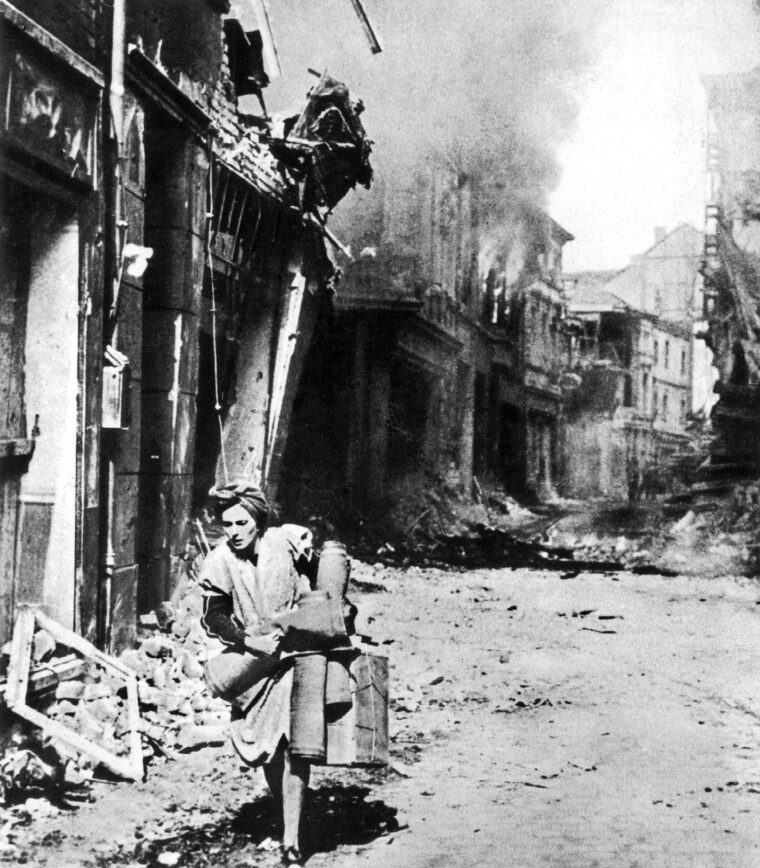
Do you feel like you grew up quickly?
I lost my childhood. When I was 15 years old and living in the furnished rooming house, a bomb hit the building and split it in half from top to bottom. The half I was in was swaying back and forth, and the other half went down. The people on the bottom got ladders together and got me out of there safely. It was three or four stories up, and even the ladder was swaying back and forth. That really scared me. But I didn’t want to leave without my trunk and photo albums, so they went back up and pushed the trunk out, and it fell to the ground. I hitchhiked with that trunk, looking for my mother.
What happened to your job at the munitions factory?
I didn’t have a place to stay, so they couldn’t come get me.
What happened after that?
I went to work in the Saarland where my mother’s best friend lived. She had negotiated the sale of my grandmother’s property.
What was it like there?
When they had air raids there, you went into the mountains. They dug out mountains and made them into bunkers. It was horrible going in there. There was screaming and yelling, and even women were giving birth. I remember water running down the inside of the mountain. It was terrible. It was a long walk to even get into the place, and meanwhile bombs were falling down. You wanted to get in there, and then you wanted to get out of there.
Did anyone panic?
The panic was when the German soldiers would come home on leave. I guess they got furloughed for medical reasons. If they were in the bunker with us, they would be on their knees praying and scared to death. The soldiers couldn’t take it, but we would be singing, playing the accordion or the harmonica like it was a daily routine. When I asked one soldier why he was so frightened, he said, “When we fight, we have guns.”
Were you able to find food?
We all starved. There was no food, there was nothing. We used to pull potato peelings out of garbage cans. We ate mustard that was old and dry. We ate turnips fried, mashed, and boiled and collected berries from the wild. Some of us had vegetable gardens, and we had one fresh egg a year. When everybody is starving, you just go along with it.
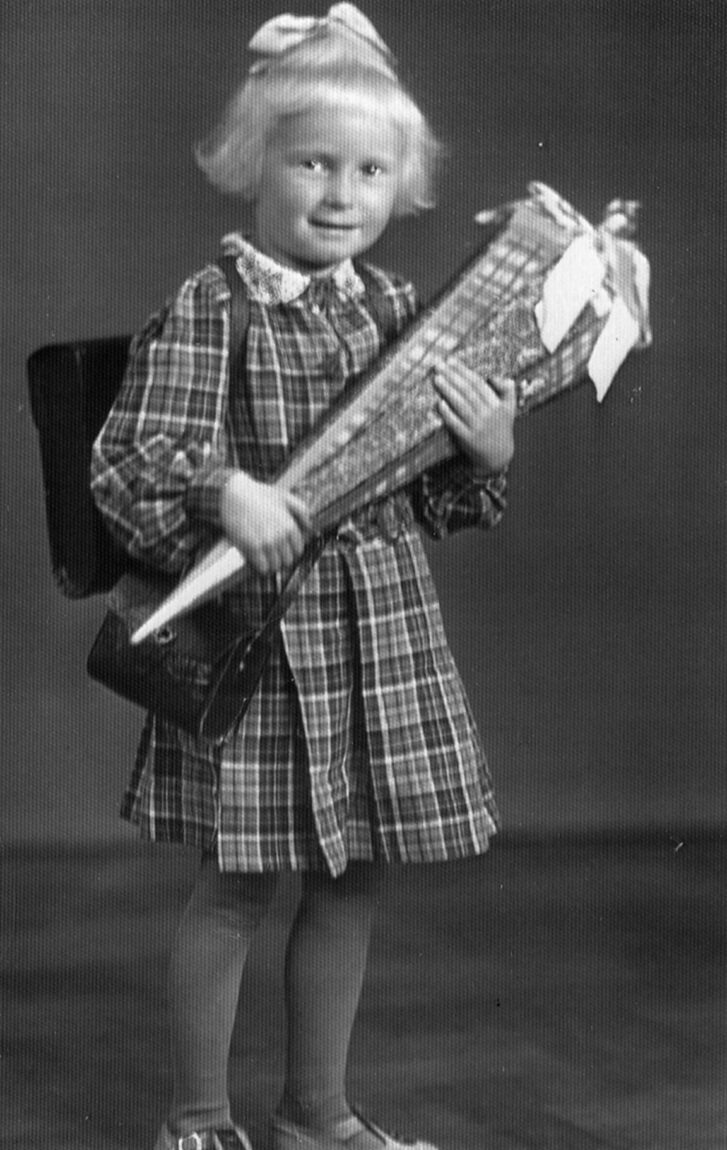
What else do you remember about the food shortage?
When Hitler first ordered all the children out of Hamburg, they put us in schools in Dresden before it was totally bombed out. We slept on straw sacks, and every morning our breakfast consisted of flour soup, just plain flour with skim milk. It was real skim milk that looks blue because there is no fat. It was a horror. When Italy and Germany were allies, we did occasionally get oranges from Italy. We didn’t have them in Germany because it was too cold.
Were you hungry all the time?
All the time. One time––I don’t know where I got it from––I had a piece of chocolate. I was in a girls’ school toward the end of the war. After I ate the small piece of chocolate, I passed around the tin foil to each girl to sniff it just to remember what chocolate was like.
After Saarland what happened next?
We were on a waiting list to come home once the war was over, and they told us to go to a group home over in Hamburg because there weren’t any ships going out of Saarland.
And were you still on your own?
Yes, I hitchhiked all the way back in cattle cars on the railroad, jumping in and out of these trains. Once I got on a troop train that was packed to the gills. We were riding for hours, coming from Saarland to the seaport to get ready to come home. It was all German soldiers plus other people, but it was so packed like sardines on that train that the soldiers passed helmets so we could pee into the helmets. There was nothing we could do; we couldn’t go backwards or forwards, or eat or sleep or sit down or anything.
When you got to Hamburg, where did you go?
We had to report to the group home in Hamburg to wait for our passports. It was in a beautiful neighborhood and a gorgeous place. It was so nice to be in a comfortable bed, but we still didn’t have any food.
When were you reunited with your mother?
My mother was in a concentration camp for about three months near the end of the war. When the Americans came through town, they liberated her, and then she was able to get in touch with her best friend in Saarland. We were in touch that way, plus we were on the radio with the Red Cross. They put us on long-distance calls to New York to reach my father and my uncles––my mother’s two brothers.
Had she been in touch with her husband, your father, at any point in the war?
No, just at the end of the war.
Did he have any idea what happened to you?
He remarried because he thought we were dead. We finally got through to him, and when we landed he picked up me and my sister at the docks. It took two years for my mother to come home. She was still considered a German citizen, so since we were American citizens we sailed back to New York on our own. My mother had to wait for transport. The American troops and American citizens went first. We left in 1947, and our mother didn’t leave until 1949.
And where was she?
After my mother came to New York she still wasn’t allowed to come ashore. She was an epileptic and had a seizure on the way home and had to stay on Ellis Island until her brother put up a bond that she wouldn’t go on welfare. First, she couldn’t get out of Germany because she was a German citizen––even though she was married in New York and had two children there––and then Ellis Island. She finally became a U.S. citizen when she was 50 years old. She went through hell, my mother. She died in 1969 on Memorial Day.
What happened when you saw your father?
When he picked me and my sister up at the landing there in Manhattan, he said, “I have to have a drink.” We went to the bar, and he ordered two ginger ales, one for my sister and one for me. I said, “No, Pop, those days are over, no ginger ale. I want a drink like you’re having.” He looked at me when I said that; it was such a shock to him. You have to remember I was 11 when I left and now I was 18; there is a big difference between those ages.
So what did you have?
I had a rye and 7-Up. The first meal I bought for myself in America was one small loaf of Bond’s white bread and a stick of salted butter. I ate the whole thing, and shortly after I threw it all up, but it was such a great treat for me. It was real American food.
Dorothy Lobes
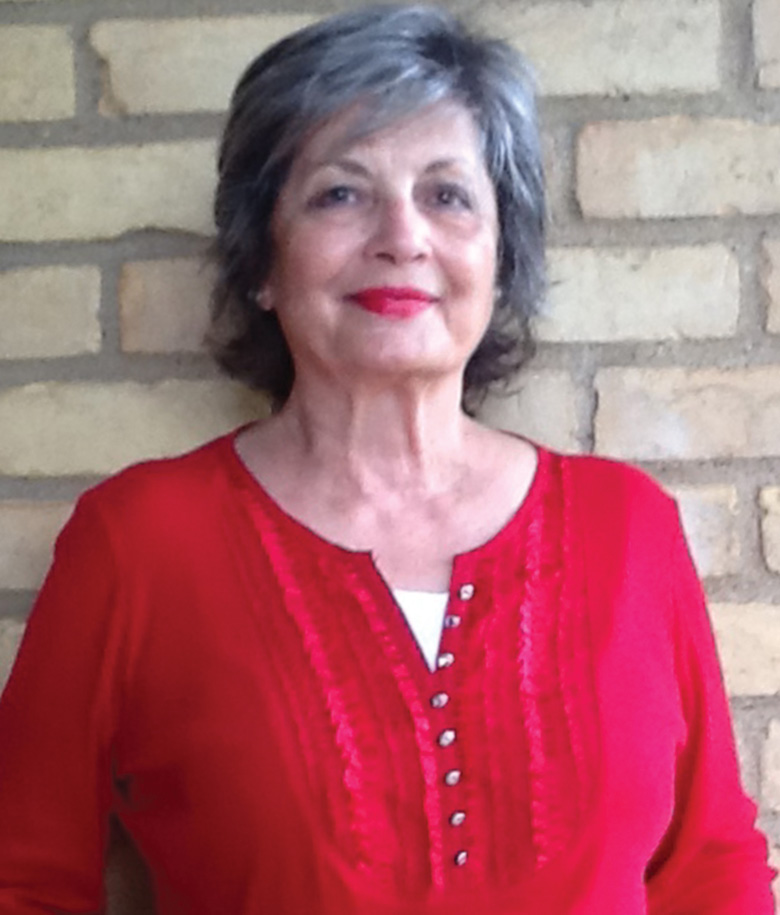
Eleanor’s sister Dorothy was just three years old when war broke out.
Dorothy, what was one of your first memories of the war?
I don’t remember being on the ship going over to Germany or anything like that, but by the time I was 41/2, they started to send all the children to the country because Hitler wanted the children to grow up and serve him and so he wanted to save them.
Where were you sent?
I was in three different places. The first time they shipped me out was to Bavaria in southern Germany. I lived there with a professor in a one-room schoolhouse. The next place was called Döbeln, and that was in Saxony in the middle of the state. After that I was in Saarbrücken at an aunt’s house.
Did you get to see your mother while you were in the country?
My mother came to visit me sometimes. I was always glad to see her, but I knew she had to leave. She would say, “‘Dorty,’ you can’t come home because there is too much going on in the cities. I want you to be safe, and I will be back.”
Was there any talk among the children that there was a war going on?
I did know right away when I lived with the professor because every morning, when he would come into the classroom, we’d all have to stand up and put our arm out and say ‘Heil Hitler.’ We were told that he was going to save the world. No matter where you went, it was Heil Hitler.
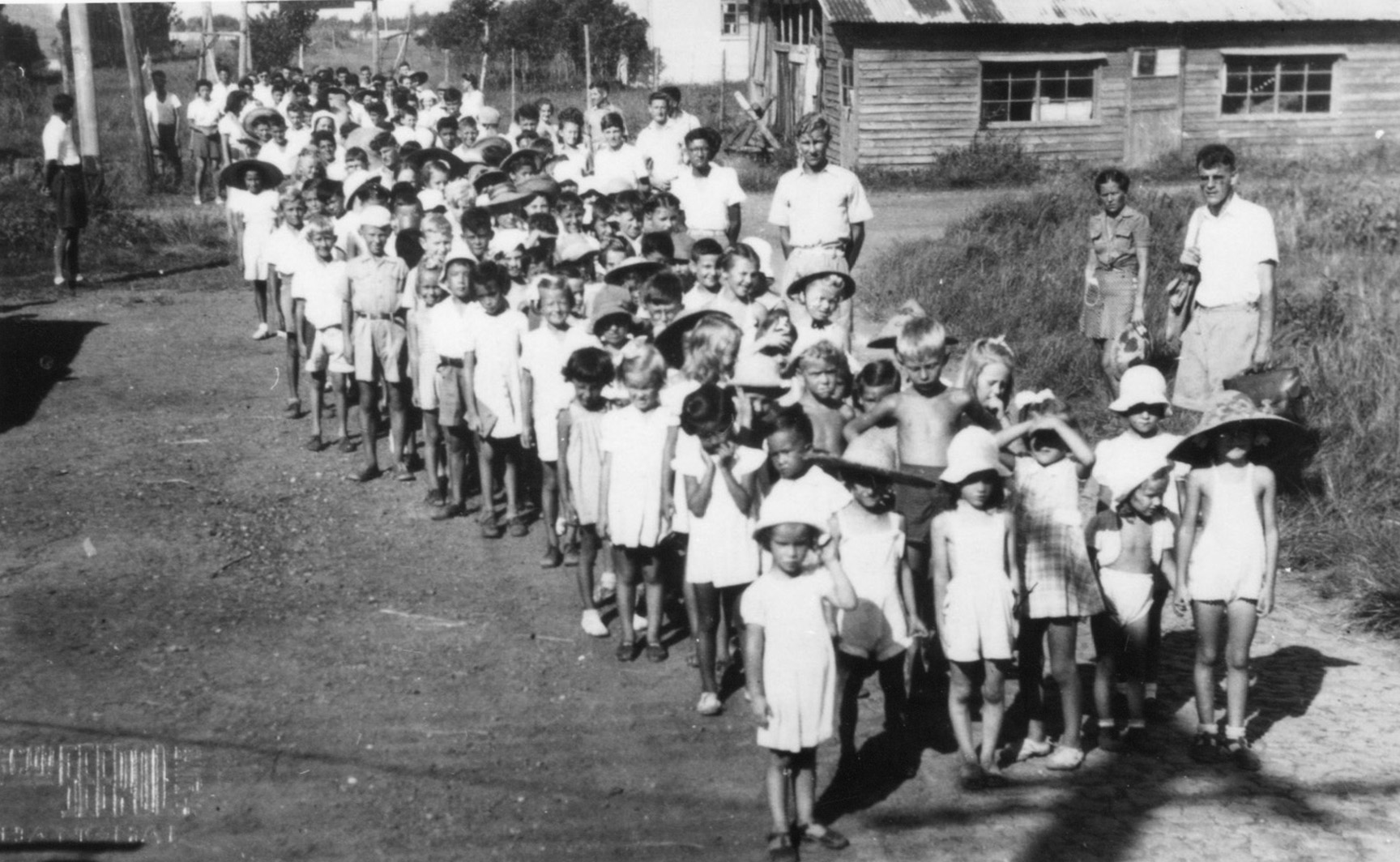
So you understood there was a war?
Oh, yeah, I knew there was a war going on, but I never was in it, so that is why my mom said, “You know I can’t take you with me. You are going to be safe here.” That is what it was all about, to save the children so they could be trained to be little Hitlers.
At this point did you feel American or German?
As far as I was concerned, I was German. When I finally came back home, I was 10 years old and couldn’t speak a word of English.
What do you remember about Saarbrücken?
I was probably about seven or 71/2 years old. I remember how the air raid sirens would go off when there was going to be a bombing. If it was the first alarm, everyone turned out their lights then hung blankets on the window so you couldn’t see the candlelight. If it happened again, you had to leave. We lived right around the block and down a hill [from the nearest shelter]. It was like an old railroad tunnel-type thing that we went into. But one time I forgot my doll and turned around and went back, and by the time I came back out with my doll you could see the planes and the bombs dropping. So I’m walking along the street, and I got on the sidewalk close to the houses, and somebody grabbed me by the back of the neck and pulled me in and said in German, “What are you doing? Where’s your mother?” When the first alarm sounded again that everything was clear, he took me down, and we had to walk through the whole tunnel to find my mother.
What happened when the war ended?
When the war ended, I left Saarbrücken and went to Hamburg because that is where my parents’ families lived. Then the American consul told us to go to Frankfurt and stay there until it was time to ship home. We went to Sachsenhausen on the outskirts of Frankfurt-am-Main and lived in a D.P. camp for displaced persons in an apartment building that was converted into housing for Americans waiting to return home. The Germans who lived there were told to move out so we had a place to stay until it was time to catch the ship.
Joan Borsberry, Shanghai, China
Before being sent to the prison camp, Joan remembered that a Japanese teacher had come into her school and told her class that the Japanese were the great race. “I was nine years old when we were interned and old enough to know what was going on.” Joan spent three years in a Japanese prison camp with her mother, father, and two younger sisters. “It started after Pearl Harbor. The Japanese were shelling the British and American ships in the harbor. I had woken up with the sound of the shelling, and my dad told me to go back to sleep, that it was just thunder. We were now enemies of Japan, and people were being taken to camps at different intervals.”
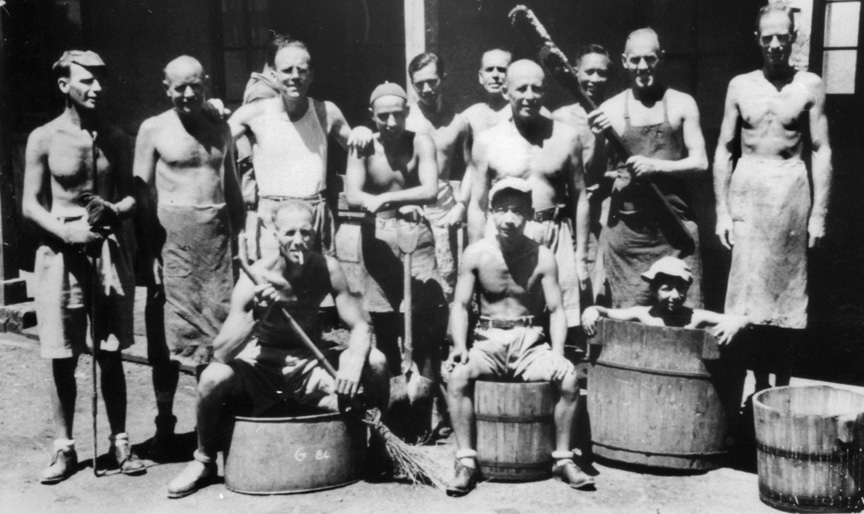
What was life like in the prison camp?
They had POW camps for British, American, French, and anyone who was not an ally of the Japanese, except for the Chinese; that was their country. We were interned. Actually, we were told we were guests of Emperor Hirohito. They didn’t gather everyone up at the same time, so my mother requested we be sent to where her sister was, and that is how we wound up together. We would have gone eventually, but this way we chose where we would stay. We were fortunate to be in one of the better POW camps.
You could only take a suitcase, so we lost everything else. The reason my mother made this request is a strange story. You know how the English like their pubs? Well, my dad enjoyed the Elephant and Castle pub in Shanghai, and, being the great Englishman that he was, he would come walking home at night singing the English national anthem, “God Save the King.” He was picked up twice by the Japanese police, and they would bring him home and tell my mom that if he was ever picked up by the military, that would be the end of him. You don’t sing “God Save the King” when the Japanese are in charge.
Why were you living in China at that time?
My mother was born in China but had a British passport. Her dad was from Yemen and her mother’s family was from Iraq. They ran an import/export business in Shanghai. My dad was with the British Army. He was from England and was stationed in Shanghai. After he and my mother met and married, he resigned from the Army and went to work for the Shanghai Water Works. We lived in the British settlement in Shanghai and I went to the same Shanghai public school that my mom attended. I learned to speak Shanghai Chinese. My mother’s brother, Spencer Moosa, was an Associated Press correspondent and a friend of Chiang Kai-Shek, the Chinese leader.
Where was your camp?
Our camp was called Lungwha. It was in an old Chinese college that was bombed in the first Chinese/Japanese [Sino/Japanese] War in 1939. Some of the dorm buildings were still standing, and we were in those buildings. My dad, my mom, and my two sisters were all in one room. There were several buildings with three or four floors, and they were all full.
We were fortunate because we were allowed to live with our dad. In our camp there were a lot of English, Americans, and a smattering of French, and then the Belgian consul, and one Filipino lady who was married to an American serviceman in the war. The camp was out in the country and had an airdrome on one side, a brick factory on another that had antiaircraft guns, and a railroad on another side. Our camp perimeter was constantly bombed.
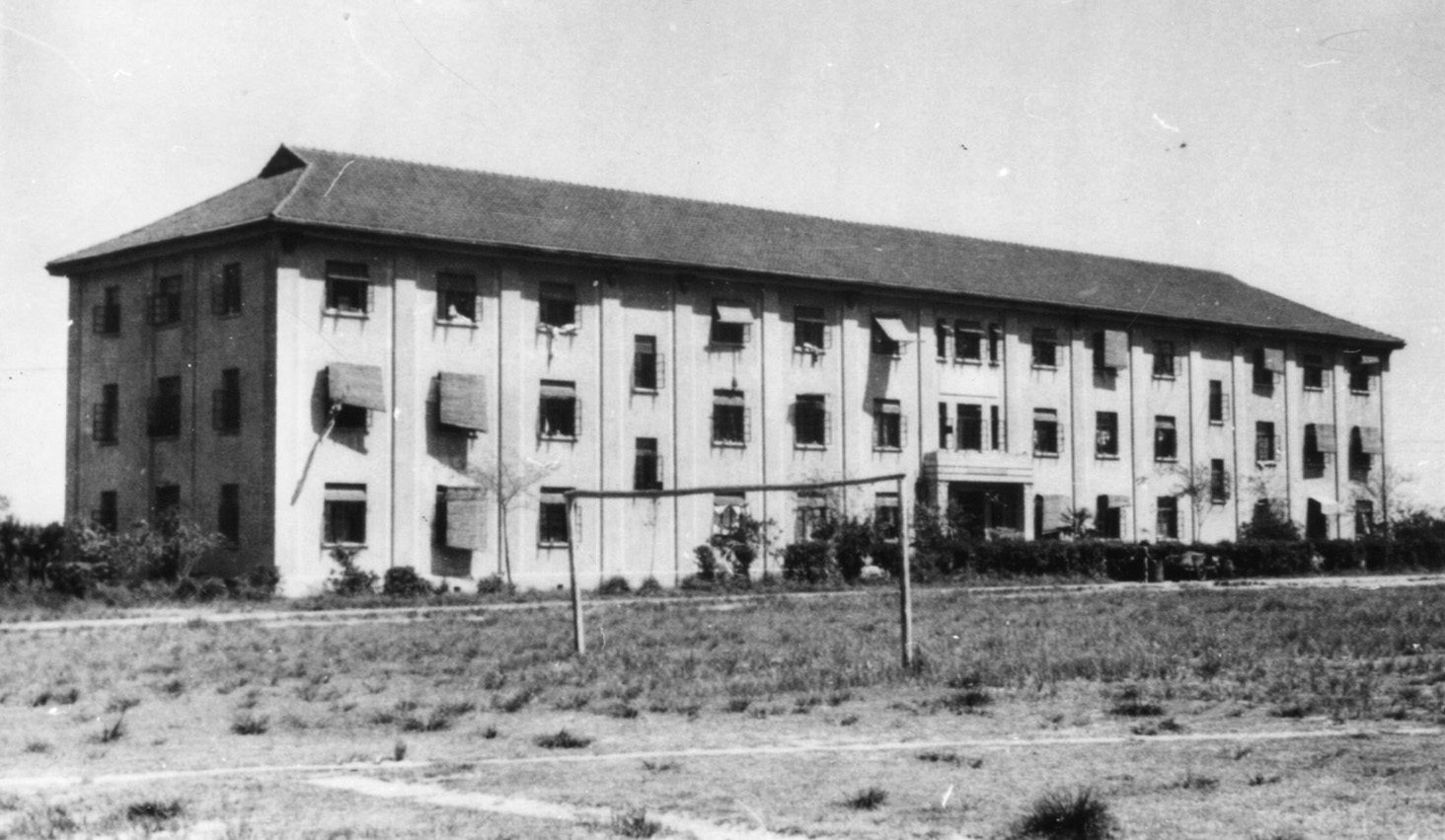
How were you treated?
The children weren’t treated as badly as the parents. We had a fence and guards with guns patrolling to keep people from escaping. One or two people did, but they caught one and flogged him with bamboo poles. We all had to watch. My friend at another camp had to watch an American pilot being beheaded.
What was daily life like?
Our camp commander’s name was Mr. Yamashita. He was Japanese but had been educated at the University of California. I understand he wasn’t treated very well there, and he disliked us. Every morning we would have to stand at attention in front of our rooms in the doorway in the hall. This included little children. The guard would enter the building and check each floor, and you had to stand at attention until he left the building. One time he snuck back in after he left to go downstairs, and the Belgian consulate’s wife, who was very ill, had already lain down and couldn’t get to the door in time to stand at attention. You could hear him slap her across the face, but of course nobody could do anything. You stood at attention.
The grownups all had things to do. They had formed a government, so people were assigned duties, not by the Japanese, but by the people in camp. My dad stoked the fire and mother would take care of us. Being children, we played. I remember making a baby crib out of match boxes and a doll when I was nine years old, which I still have. My mother taught me how to knit when I was eight years old. The most precious gift I ever received was when Mother took one of her sweaters and unraveled it and made little balls of thread and took some bamboo knitting needles, shortened them, and made knitting needles for me. I can still see the box it was in; that was such a precious gift.
Did you have any kind of schooling?
We had missionaries in our camp, and, when we were allowed, they would have school for us. Some people would have packages sent to them, and sometimes all the camp would get supplies, like American soldiers’ food packages. We would use the wrappers from gum and the labels on the cans for our schoolbooks and writing paper. We had some wonderful people in our camp. There was one gentleman who would take us to an old soccer field and read us masterpieces like A Tale of Two Cities.
Did you have much to eat?
Food was very scarce. There were times we would only get one meal a day. Our food would be a soup made of vegetables the Japanese didn’t want. Our drinking water would be trucked in, then we would have to boil it in huge pots with wood fires. Each family would get their ration for the day. When we got a loaf of bread, it would have weevils in it. My mom was skinny because she would save her food to give to us if we didn’t have anything good to eat. When I say “good,” it meant that it didn’t have weevils. Sometimes the people who worked for my dad would send us something, and the Swiss consul would send some stuff for us, but it wasn’t often. Some people would have packages sent to them quite often, but others got nothing. There was a poor little Filipino lady who didn’t even have toilet paper. She would carry a small pan and a washcloth with her.
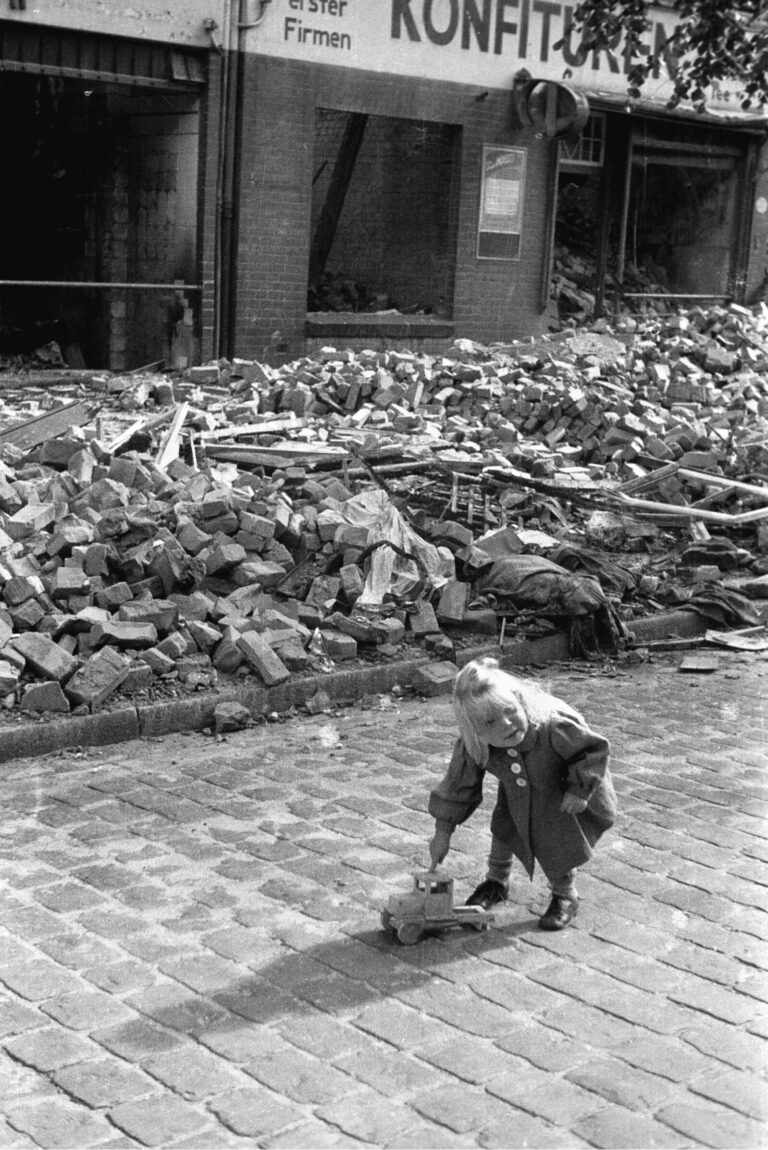
We were not physically abused, but my parents were emotionally upset. They worried if we would be eating the next day or would survive. My dad was nothing but skin and bones. I remember once there was a fly in my soup, and I hollered at my dad and said I wouldn’t eat and he said, “Be quiet––it’s protein. Everybody will come take it from you.” He was a very funny Englishman. We were proud, and we didn’t grovel for anything. The movie Empire of the Sun was suppose to depict Lungwha. It showed people groveling for raw rice, but that never happened.
Did anyone ever complain?
One time some people complained to the camp commandant. He told all the people in camp, the children and everyone, to meet in front of his home and he would speak to us and take the complaints. So everyone gathered in front of his building, men, women and the one or two babies born in camp. We were waiting for him to come out when we heard this rumbling, which turned out to be a bunch of trucks that came in and surrounded us. They rolled up the flaps on the side of the trucks, and inside they were filled with Japanese soldiers with guns pointing at us. They were in the shooting stance in case anyone complained or said anything. No one did anything, and they finally left and let us go back to our buildings. My mother marveled until the day she died that not even a baby made a sound to agitate them and give them cause.
Since the perimeter of the camp was constantly bombed, did you see any bombings?
Most of the bombing runs were done at night, but sometimes during the day we would see fighter plane dogfights. I remember once, a Japanese plane was shot and its tail was on fire. It looked like it was headed right for me. I ran and ran, and it still looked like it was headed for me. I wouldn’t go into a building because I didn’t want the plane to follow me in and hurt people, so I hid under a tree that was between me and a fence, and it flew right over my head and crashed into the field outside the fence. Another time I saw a bomber blow up. We were looking out the window during a bombing, and I saw a bomber take direct hit. It was an American plane that just blew up in the sky.
What did you do you when you found out the Japanese guards had left?
We woke up one morning, and the gates were open and there wasn’t a guard in sight. They had all escaped during the night. I hope they escaped because if the Chinese got hold of them, they didn’t get very far. There really wasn’t too much we could do because we were out there in the country with no transportation. We would barter with the Chinese with what little clothing we had for food. When the Americans came, they would bring us stuff and take us to town. We eventually moved back to Shanghai, but it was a while before we got there.
We would probably still be there if it hadn’t been for the war. People lived there for many years. After we were repatriated, we went to England for 18 months, then came to the United States in July of 1947. In 1961 I became an American citizen.
Helga Stahl’s Story
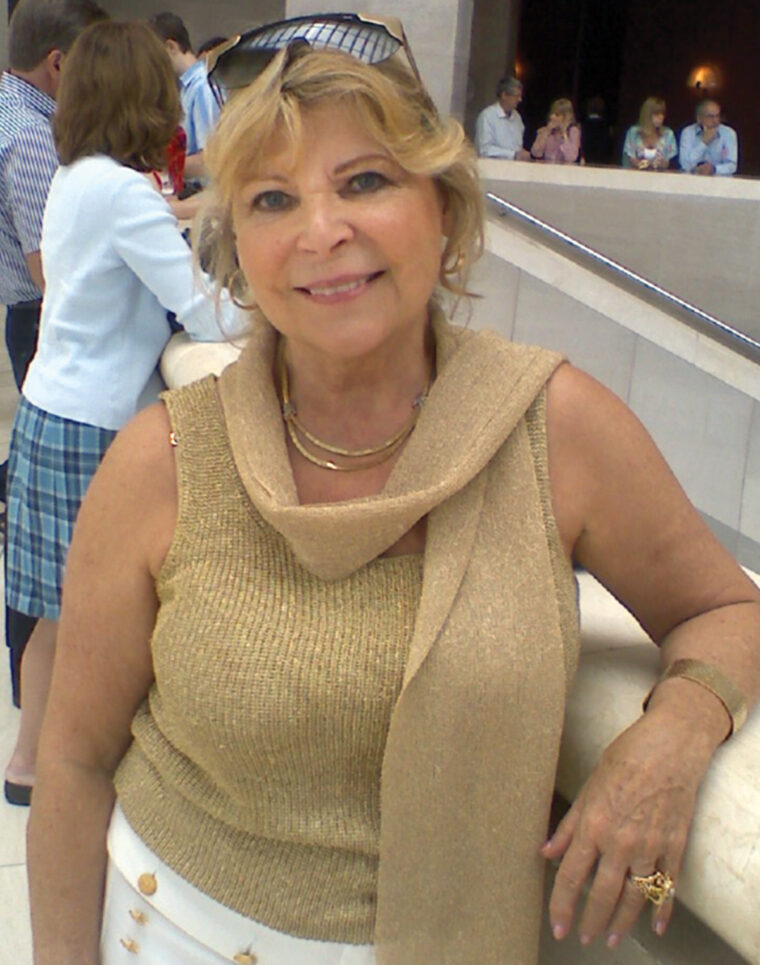
Helga Stahl was born in 1937 in Wiesbaden, Germany. She was just two years old when the war started, but she remembers it vividly.
What was the war like for you, a German child?
I was born into war, so I didn’t know what it was to not be running from bombs, not running into the bunker, or having all the food you can eat. I was like a puppy or a bird that is raised in a cage. They don’t know what it is to be free so they cannot compare.
I remember hearing people talk about freedom time, and then I would say, “What is freedom?” They would explain it to me because I had never experienced freedom. They would say with freedom you can buy sugar and make caramel. When they talked about candy, I understood that. So I thought freedom is when you get chocolate and bombs are not falling, and we don’t have to go to bunkers.
I remember my childhood; I was always running to the shelters. I had my certain luggage ready when we heard the sirens. The distance between the sirens told us how many minutes we had to get to the bunker. We had to run to those bunkers. I remember seeing stuff flying from the sky. My mother would say, “Hurry up––the Christmas trees are falling.” I found out later they were phosphorous bombs and that if they hit your skin, you would burn alive.
Do you remember what the bunkers were like?
We lived quite a way from the bunkers, so when we got there, they would be overfilled. All the benches against the wall would be full, so we had to sit in the aisle on our luggage. We sometimes would be there for days. We would just sit there day and night. There were lights in there, but we would have to sit still. That was hard for a child. You couldn’t sleep. There was no shower or soap. That is why we contracted lice, fleas, worms, whatever. There were people with whooping cough. The doctors were all at the front helping the soldiers, so there was no one to help people who were sick.
How often would you have to go to the bunkers?
We were constantly waiting for the sirens to let us know the Americans and British were close by. Then we had to get ready to go to the bunker. As soon as we heard the sirens, we had 15 minutes, then 10 minutes, then five minutes, then two minutes. The distance of the siren told us how far the planes were from our home. Sometimes we had to be at the bunkers three times a day. Sometimes we stayed two hours, came home, then two or three hours later we would have to go again. If I was out walking during the day and there was a sudden siren, I had instructions to go into the nearest house. The doors would always be open, and it didn’t matter if you didn’t know who lived there.
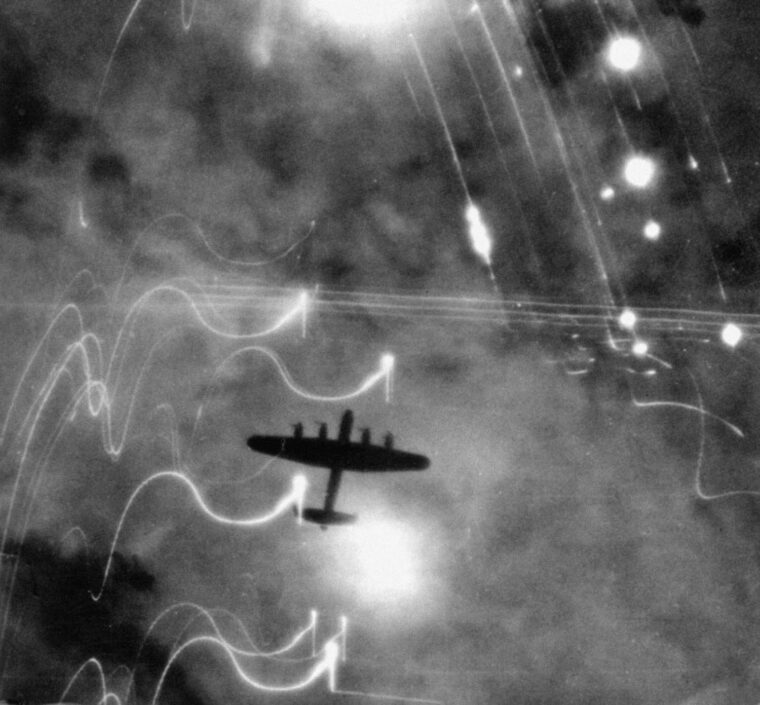
What did the city look like after a bombing?
The streets were bombed. The buildings were bombed. The stores were bombed. There was no place to find a milk store or a bread store. I remember we went to bed many times without having any food or a slice of bread. If we had a slice of bread, we were king. If you had a garden or relatives who had a garden, you could survive. All the buildings that were left, that were not bombed, were used as hospitals for the wounded, so we did not have any schooling. We were deprived of just about everything.
Do you remember having any toys to play with?
I remember for my birthday I got a little sheet of paper, which I made into little airplanes and birds to fly through the air. It was the only toy I had and, when that was destroyed, I screamed, “Where is my bird?” Just a pencil, a piece of paper, or a handkerchief for Christmas was a gift of heaven. Those were our Christmas gifts during those Hitler years. We had no toys.
What was your family life like during the war?
My father was in the war and gone from the time I was two years old, so I hardly knew him. My mother worked two jobs. During the day she worked in a department store, and at night she worked for the German Air Force as a telephone operator. I remember that my brother and I weren’t supposed to have lights on in the evening. Even with the curtains drawn, it was forbidden because the enemy planes could see these were homes and then bomb them. My poor mother got so many warnings. My brother and I would have the lights on, and the police would come and tell us to turn the lights off. We also weren’t allowed to listen to certain radio stations like Radio Free Europe, but I sometimes took the radio under the blankets and secretly listened.
What was it like when the war ended?
When the war was over, I saw the Americans marching into my hometown and my mother was at the balcony crying and waving a white handkerchief. I said, “Mother, those are the enemies (we called them “Amis”). Why are you so happy?” She said, “The war is over, child, the war is over.” So I slid down the handrail and went to the street. The Americans were coming in with their music and throwing chewing gum to the crowd. I went down there, and I caught a piece, and then an American soldier gave me a banana. When I bit into it, I made a face that I didn’t like it, so the soldier made a motion to peel it, and then, when I ate it, I rubbed my stomach. I hadn’t anything that good to eat. I didn’t know what an orange or banana was or chocolate or candy. I’ve thought about that kind soldier a lot.
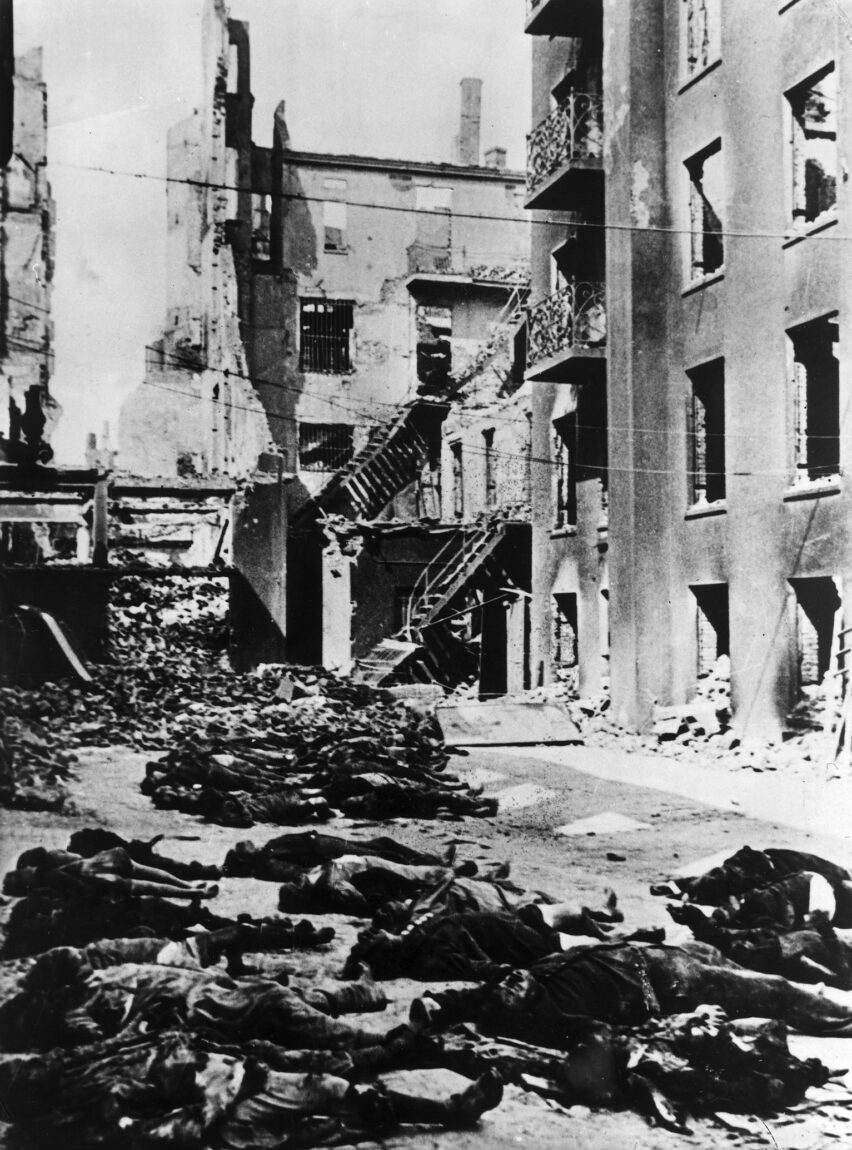
How did your life change after the war ended?
The years after the war were just as bad if not worse. Our house was so demolished I could look up from the street into our bedroom. The only place with four walls was the kitchen. The marble steps were all bombed, so we had to climb up on the railing to get to our home. Everything was bombed, so there were no stores. You couldn’t buy noodles, you couldn’t buy anything. The post office was bombed, there were no schools or churches. Everything was torn apart.
Do you remember what people did then?
Nothing was the same. I don’t know if you have seen picture of cities that have been bombed, but there is nothing there, there are no jobs there, there is nothing. I remember seeing people put a board on top of two bricks and on top of that they would have a gas stove and make potato pancakes. They would make a sign selling potato pancakes for five cents each. That is how people survived. You couldn’t even tell if it was a sidewalk or a street. It was all in rubble. It took a long time until they cleared the street. We didn’t have contractors because the contractors were at war, and we had nobody to clean the streets. It had to be done manually by women pushing those bricks from the street, so we at least had a place to walk.
Were you ever injured?
I remember how I almost died when a V-1 rocket misfired from an airbase at Erbenheim. This was where fighter planes took off and was close to Wiesbaden. The V-1 [known as the “buzz bomb” and a precursor to the V-2 rocket specifically targeted at London] had this compass-like navigation equipment that was not working properly, so at times it made u-turns and came back and bombed German cities. There was no warning to let us know like there was when enemy planes were coming, so when the rocket hit I was in the cellar with my mother and brother. It’s where we lived during the war. The concussion from the rocket was so bad I was blown off my chair and went flying in the air. While my mother was trying to get a beam off of my brother, searchers were going through the houses looking for the dead, and they put me on this death wagon. When my mother realized I wasn’t in the house, she went looking for me on this wagon and pulled me off and said to them I wasn’t dead yet. Then my brother put me on this bicycle and took me to a doctor. That is when I was injured. A lot of my girlfriends died.
How did you survive after the war?
After the war, the Americans fed us. We stood in line with our little containers like refugees waiting our turn to get one scoop of noodles. That is what we lived on for quite a while. I remember there were great big blue pots with a lid that were filled with noodle soup. We would get that on a daily basis and had to stand in long lines and wait. They would put in a scoop for my mom, my brother, and me. For a long time I couldn’t eat any noodle soup; I got so sick and tired of it. I can still see those heavy blue containers in front of me. I came to America in 1959, and I remember during one of my first dinners putting four rolls on my plate. I was hoarding, and my sponsor said, “You don’t need to hoard anymore; we have plenty more.”
Eleanor and Dorothy now live in New York; Joan and Helga now live in Texas. They went on with their lives after the war and started families of their own, but they never forgot their lost childhoods, stolen by war.
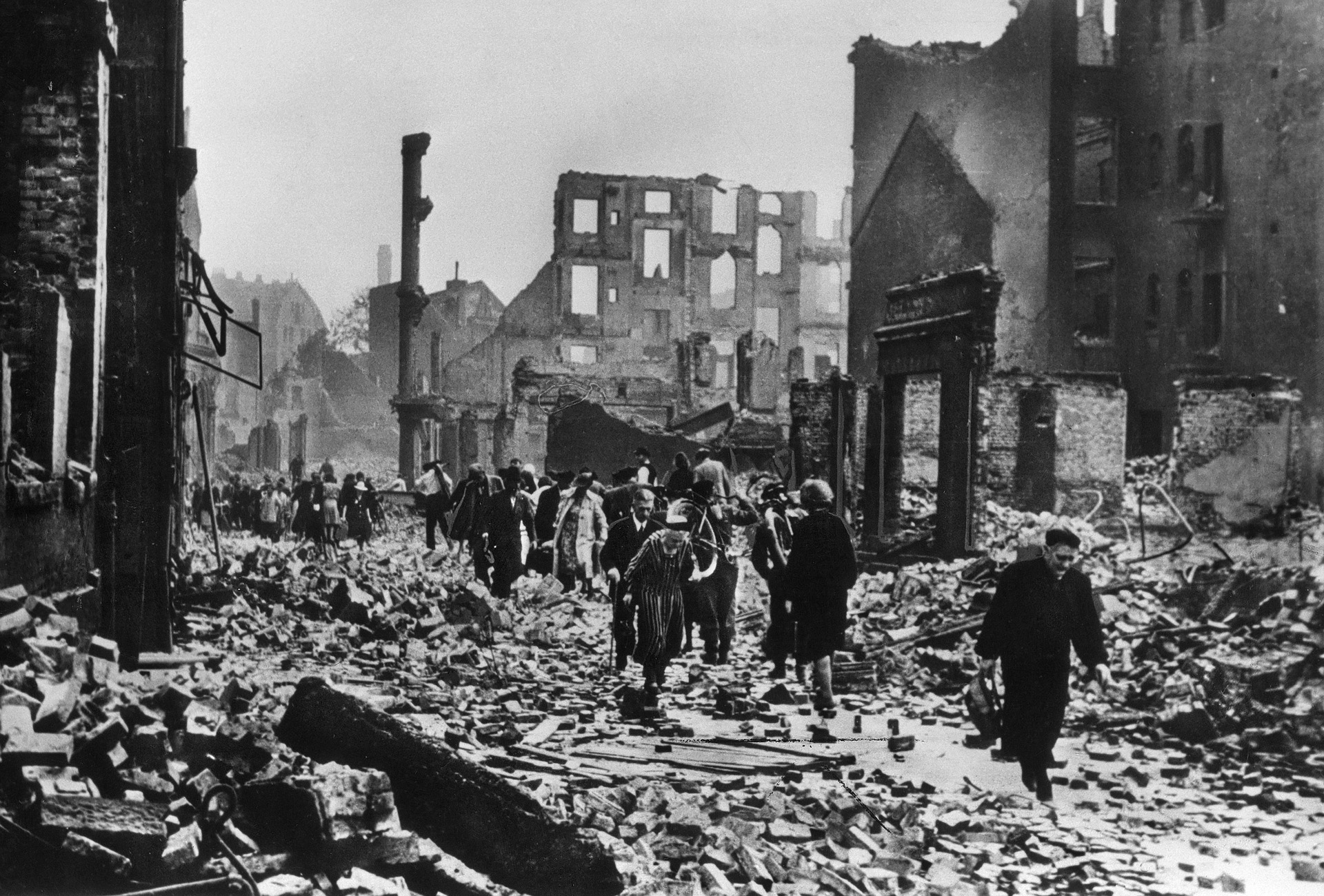
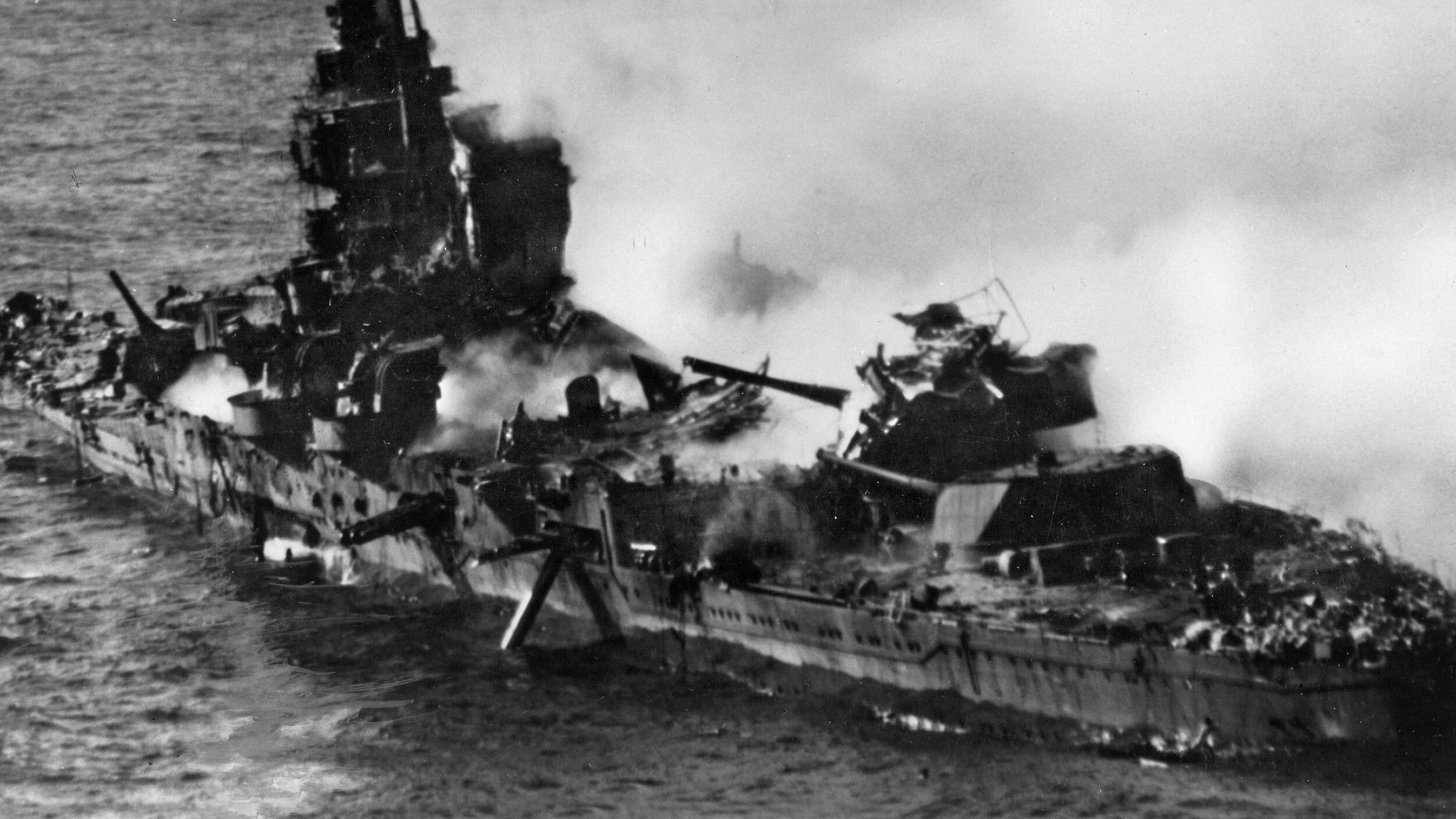
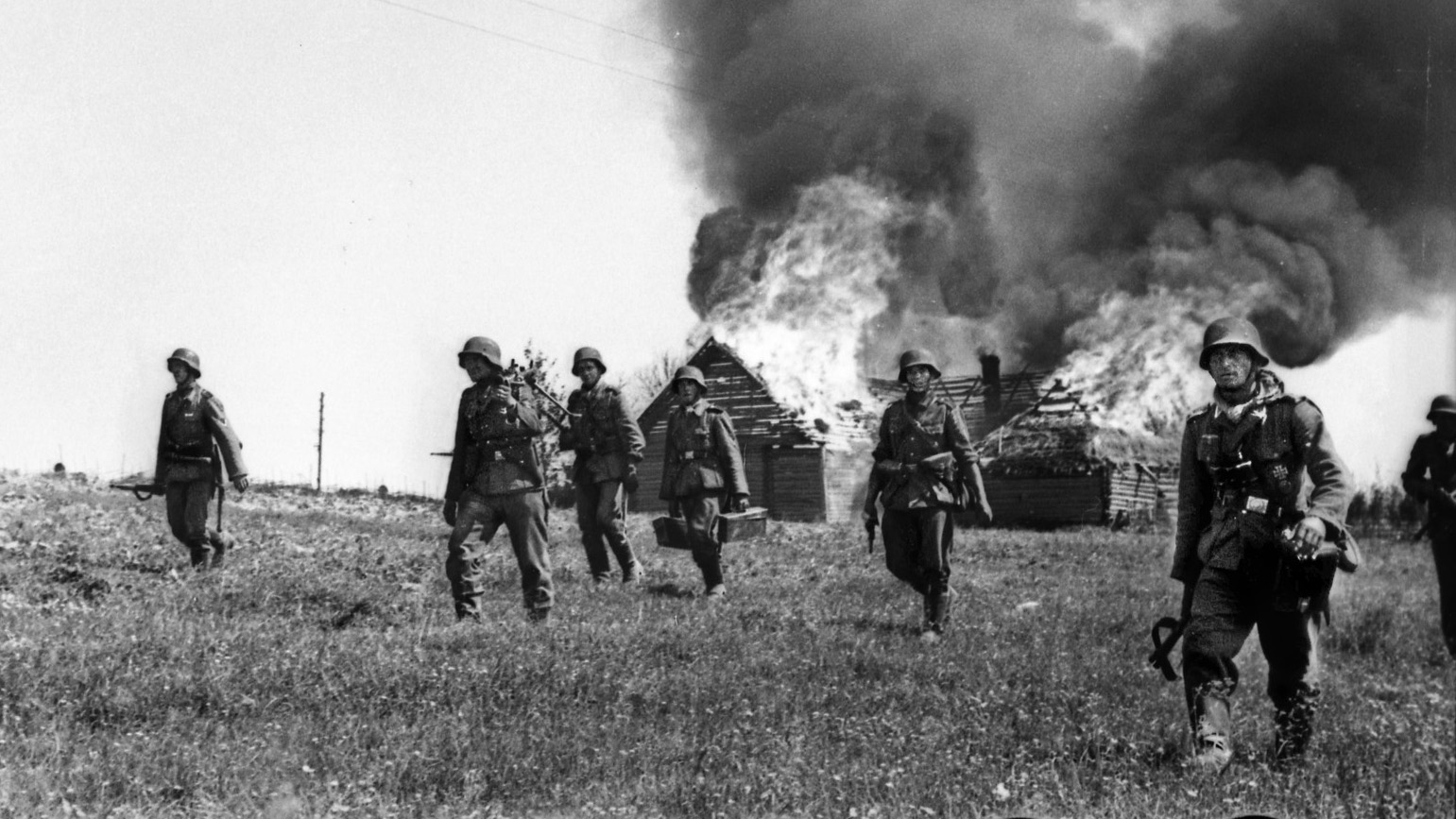
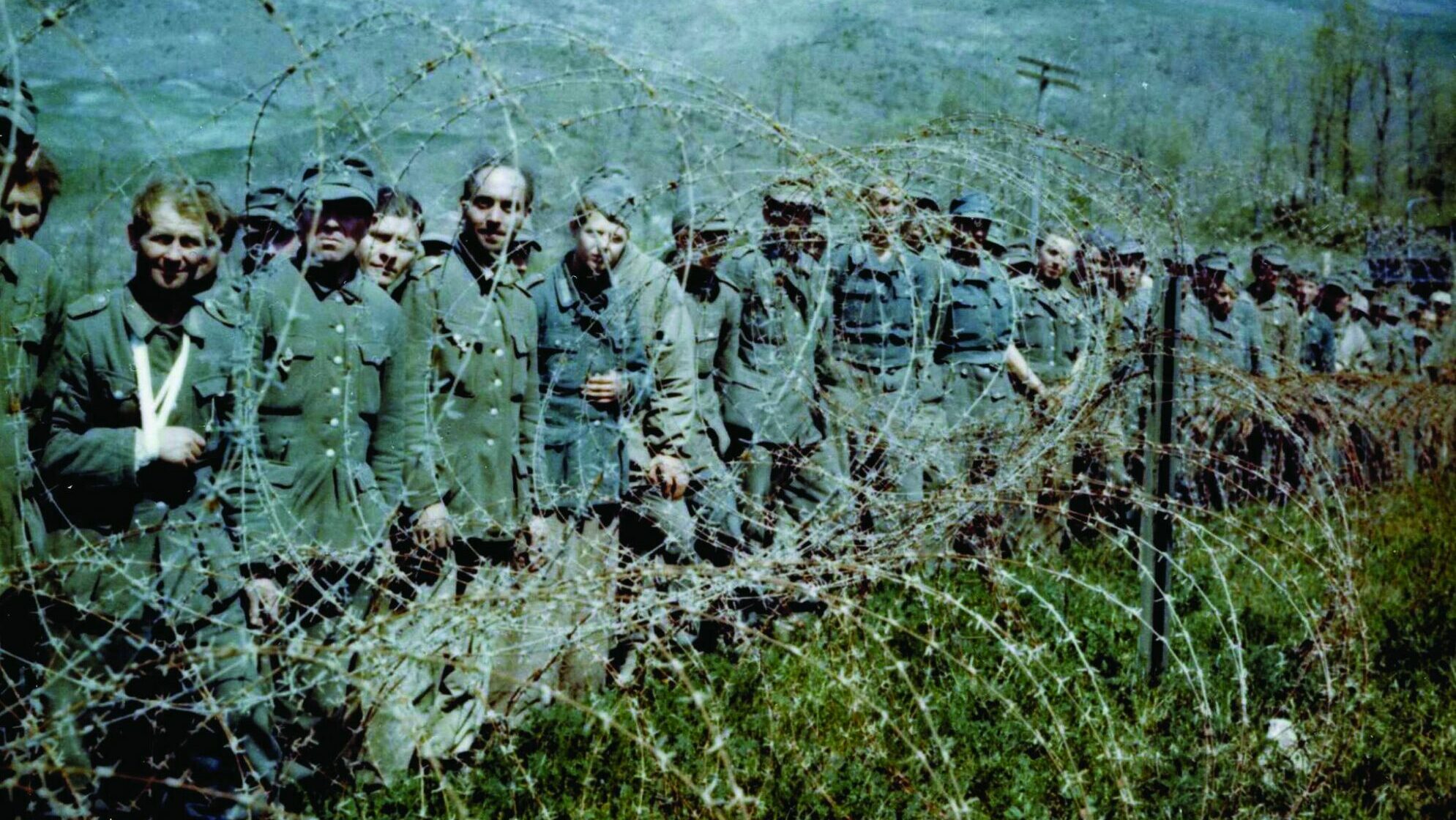
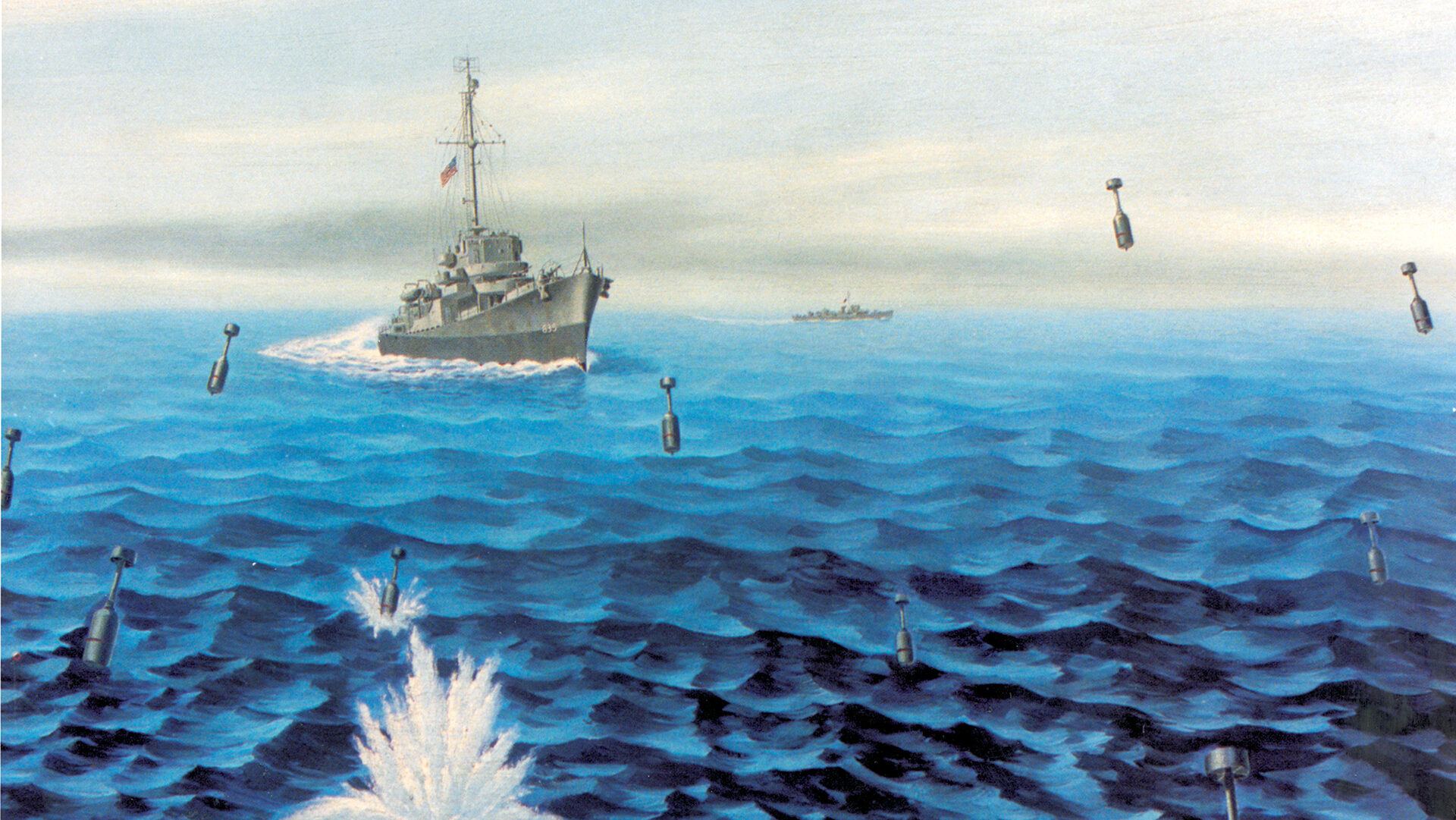
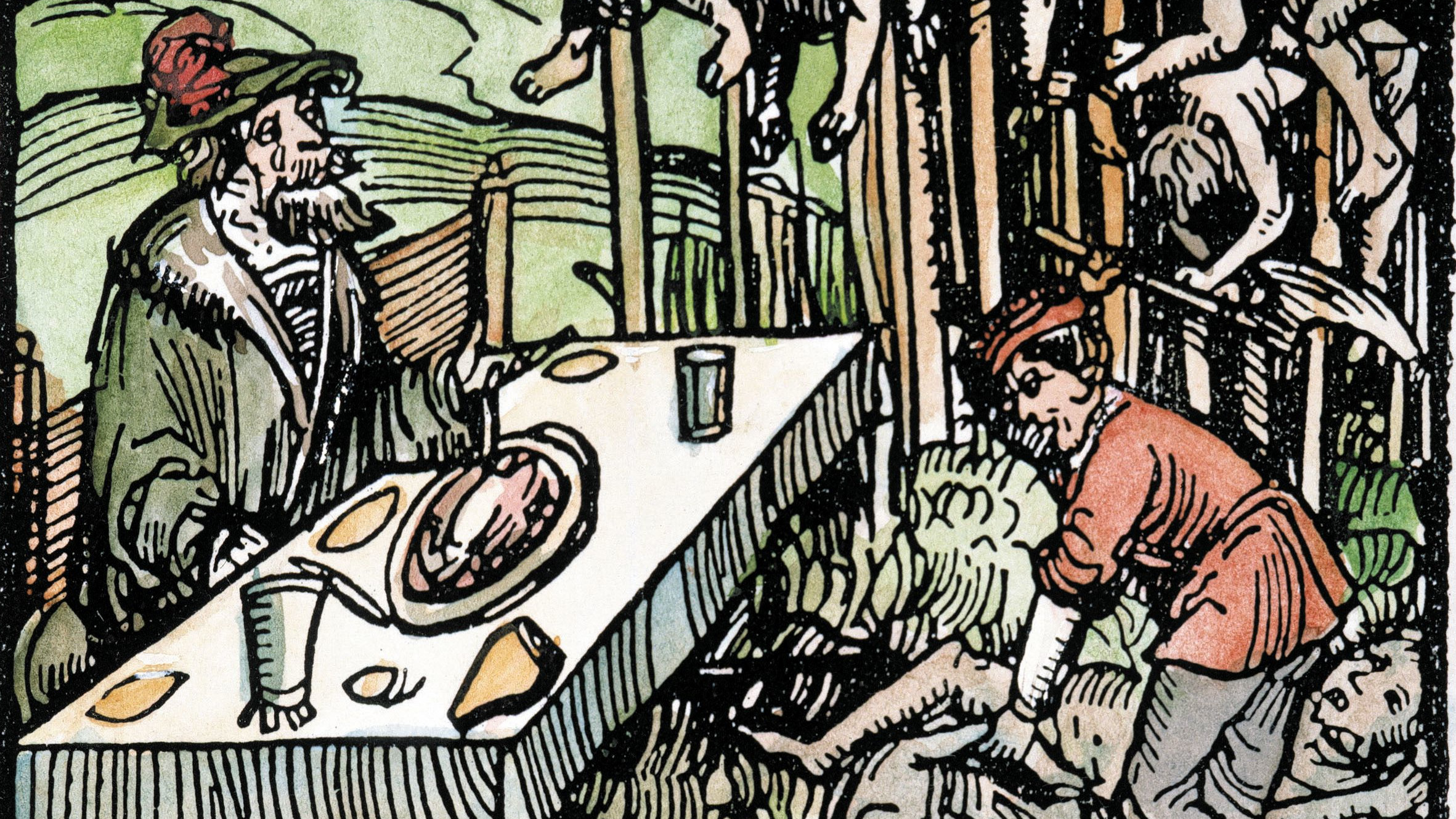
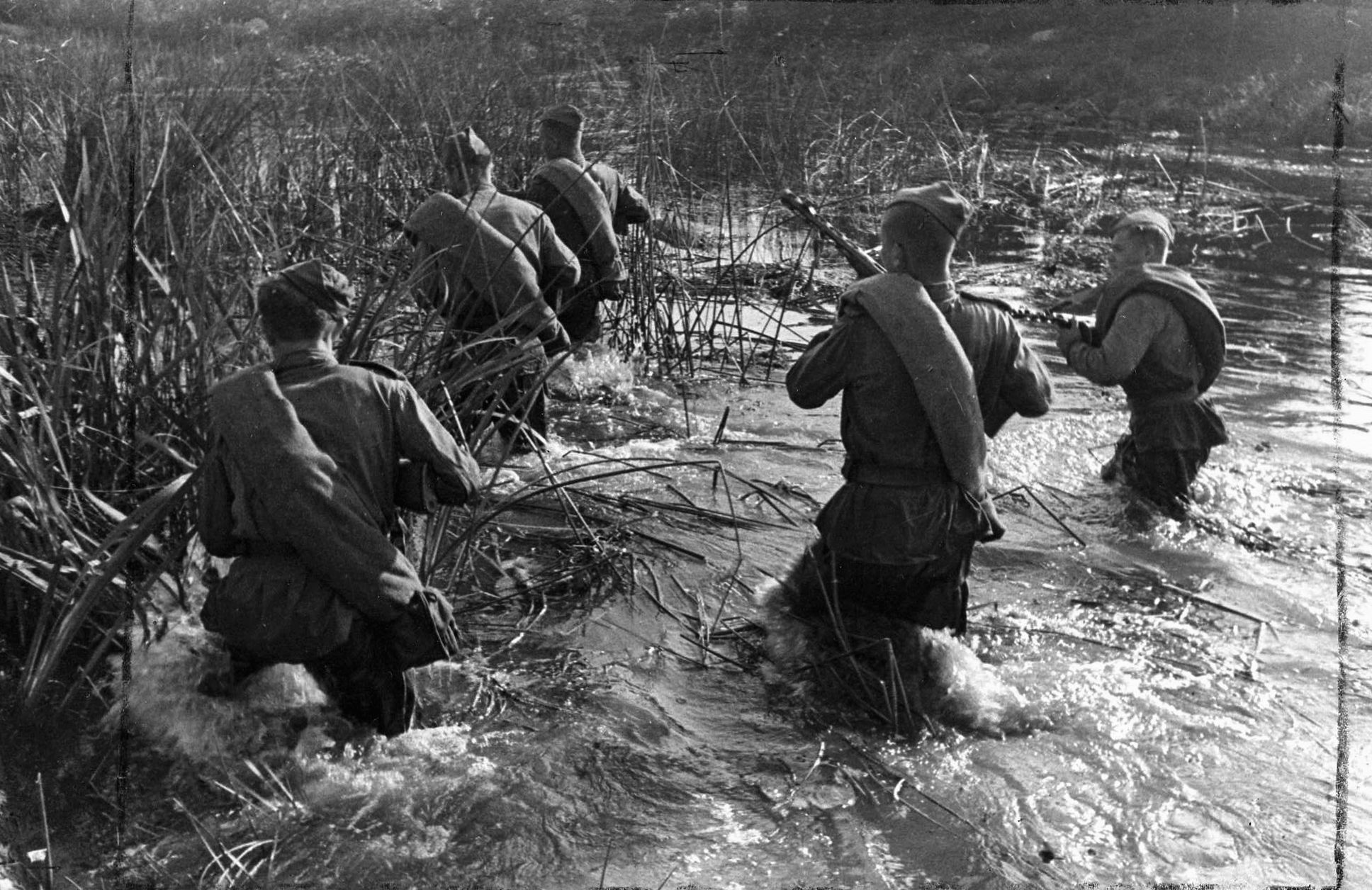
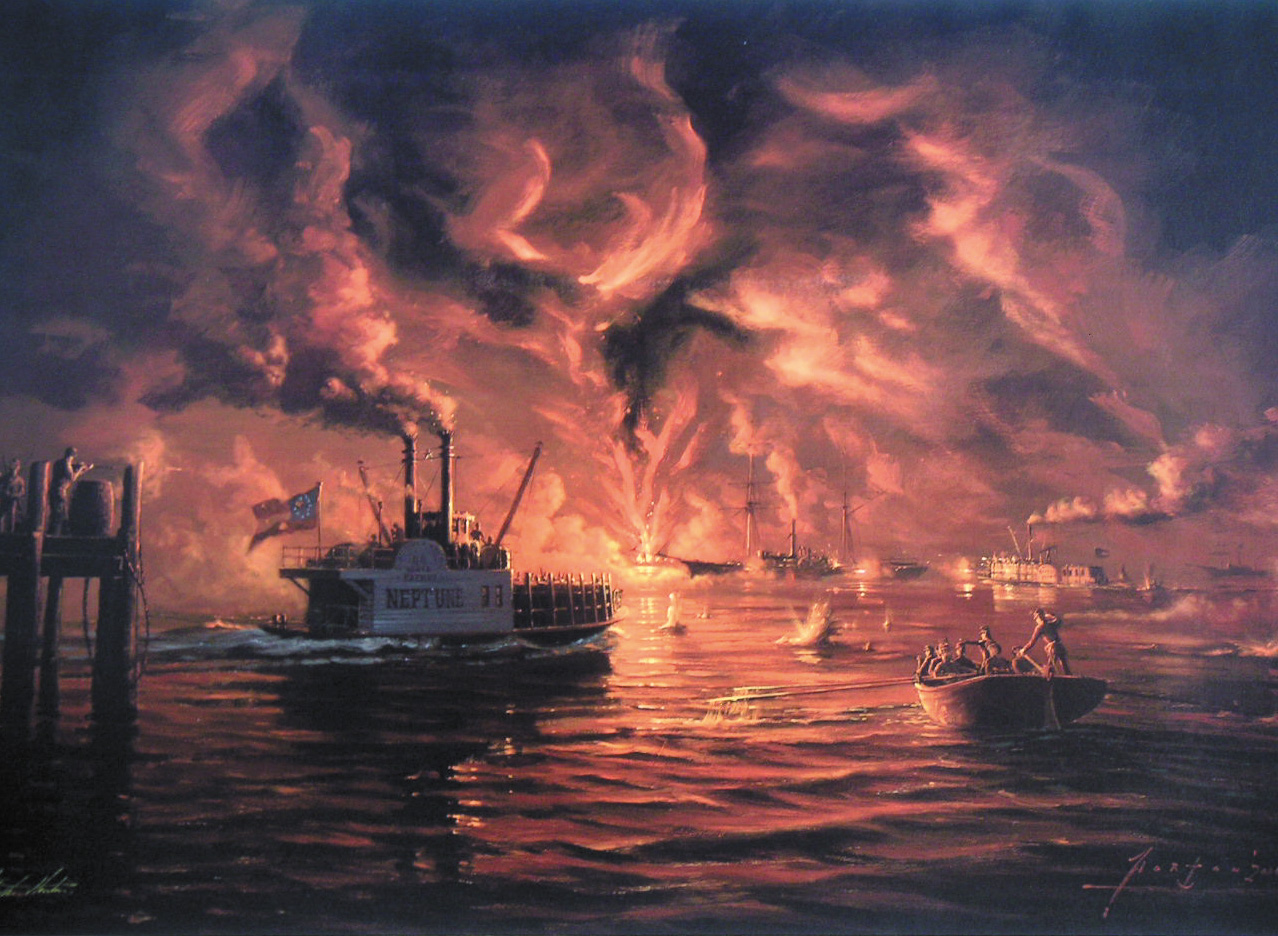
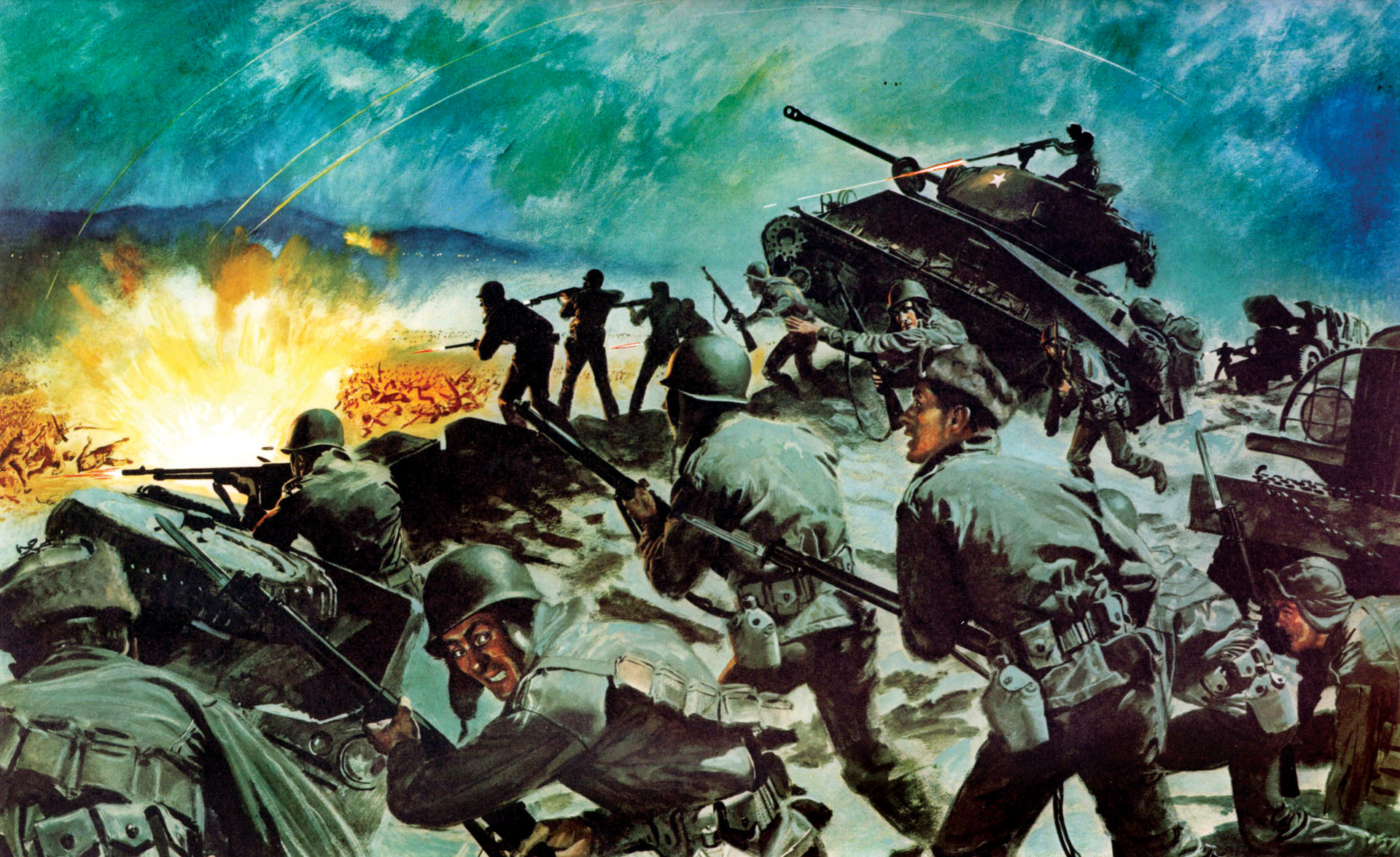
Born in Hamburg 1937–experienced Gomorrah. The whole experience of the war, during and after never leaves me. The trauma of war never leaves countless people. It seems to me they become just a number of so many. The struggle goes on and on and the wounds of war are never quite healed. The dead cannot be brought back to life. War should never happen and must be prevented by all means and by working for peace. I feel very strongly about it and yes also helpless!
The horror of war is hell, and doesn’t end for those who are unfortunate enough to be subjected to such brutal and cruel human behavior. The overwhelming reality of how the innocent civilians randomly find themselves stuck inside an untenable situation is so profound and disturbingly heartbreaking. I could only imagine how absolutely devastating that experience was for you, but I wouldn’t insult you by saying that I was even remotely close to appreciating your experiences. The collateral damage inherent to civilians during recent warfare (predominantly seen first in the 20th century when WWI mainstreamed the mechanized warfare as we know it today) has taken the act of war to a whole new dimension. Previous to the 20th century in Europe and beyond (definitely North America too) there was minimal damage inflicted upon civilians. Armies of the West were operating in a manner which encouraged “ honorable war”, if such a thing is possible. The military combatants were dedicated in a united collaboration of how to conduct war, and how to make civilians an off-limits target of war (as is now used as a weapon). They had an unspoken understanding of agreement to not include any civilian casualties within their strategy of defeating their enemies. I extend the utmost respect to you for your courage in enduring and surviving the horrific and devastating events that you had thrust upon you.